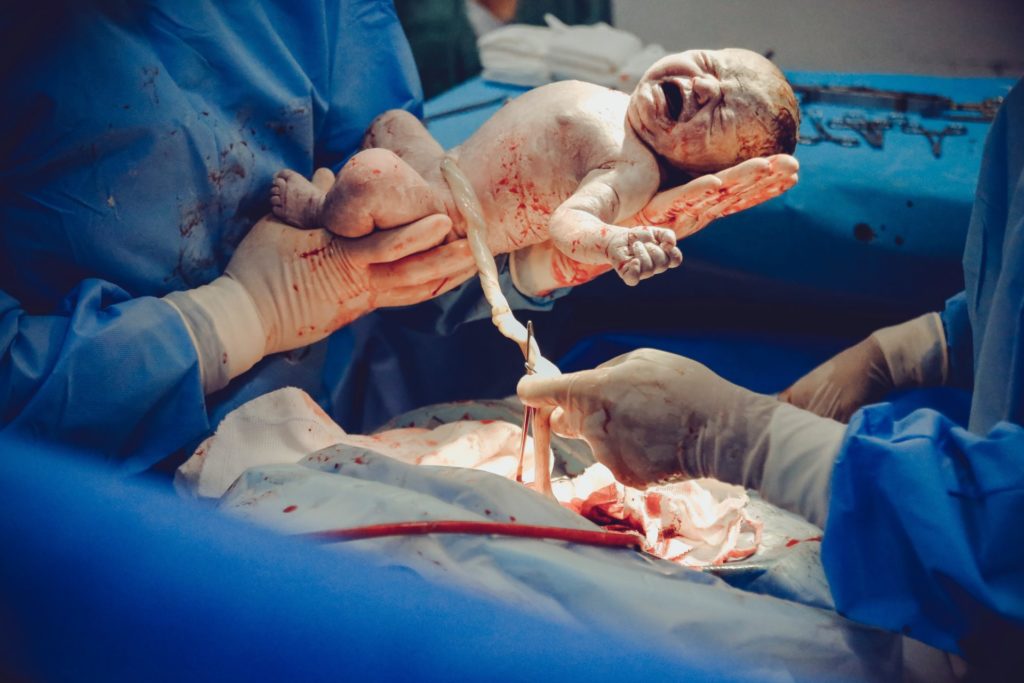Is voluntary sterilization a new crime against humanity? After originating in the USA the Childfree movement propagated on the worldwide web through forums and social networks; eventually some Italians adhering to its basic principles formed a few groups and then a movement.
"We sterilize ourselves because we don't want children; we are women and men who do not feel a vocation to become mothers or fathers." This is the mantra that best summarizes the philosophy of the Italian Childfree movement.
It can be difficult to conceptualize the choice to voluntarily get sterilized in order to preempt procreation under any circumstances. It may be even more difficult to understand how the fields of medicine and justice may develop assistance, procedures, and laws to regulate access to the operation.
Bilateral salpingectomy in women, vasectomy in men. There is, however, no law regulating the doctor's or patient's rights and behavior. For this report, I recount the personal story of Loly (a 26-year-old woman who joined the movement and who runs an Italian child-free group) and the technical opinion of a specialist, Giovanni Agostoni, a surgeon and gynecologist.
Loly's life story offers a glimpse of the ideologies linked to the world of sterilization and the definition of a woman's role, as well as pointing out that those who are part of the "child-free" movement bear daily criticism and attacks from those who not adhere to this lifestyle.
"I became aware of the child-free movement when I was about 16 years old; later through the web, I discovered the group I am currently part of and joined it. There were 10 of us in the beginning; now we are more than 700. After a few unhappy experiences with some health care providers and after doing some research, I decided to undergo sterilization in a hospital in northern Italy.
The first time I tried a gynecologist, he recommended a preliminary psychological visit: I was angry; I'm not crazy. This time the surgeon who was to perform the bilateral salpingectomy acted kindly, informing me about all the consequences of the operation. I already had an abortion and I did not want to run the risk of becoming pregnant again.
We childfree do not hurt anyone; I think we act more ethically than those who do not want children but then they have them anyway... For us sterilization is much preferable, we are just getting rid of something we do not want. Many child-free people do not undergo the operation and take contraceptives throughout their lives.
I took the pill for 9 years, but the pill unbalanced my hormone levels; I feel better and am much healthier now. In Italy the operation is legal and it is covered by the national health system. Approving a new law preventing or limiting sterilization would be a bit like turning back progress: it's like law 194 regulating abortion. We cannot return to a previous age."
Actually there is no Italian law regulating a patient's access to the operation or establishing any patient's protections including from a psychological standpoint. The interpretation of the law on sterilization is still confused from a purely medical point of view. The only guideline to be observed is the following: as reported by Dr. Agostoni (specialist in gynecology and general surgery):
"The voluntary sterilization operation was not permitted by law until 1978 when the legal bases were laid to admit this contraceptive procedure. The right to conscious and responsible procreation was recognized on that occasion.
The only guiding principle and precedent is a 1987 sentence of the Court of Cassation, which defines the sterilization as not constituting a crime (if we are given the consent of the patient) and outlines three principles to be observed; unequivocally supporting the lawfulness of the 'intervention in subordination to the patient being of legally adult age, her or his ability to express a valid consent and an evaluation of the physical and psychological benefits to those who want to undergo surgery."
Obviously, the doctor is granted the choice according to his own scientific convictions and ethical-deontological principles to lend himself or herself to the patient's request and may refuse to perform the operations on the basis of an objection of conscience."
Anyone wishing to undergo voluntary sterilization must therefore be informed about the permanent effects of the surgical procedure. We asked ourselves how, according to the sentence of the Cassation, sterilization could benefit the patient requesting the operation. Ethically, it is practically impossible to establish how the awareness of not being able to procreate brings a psychological benefit.
In aid of surgery, it would be essential to have a clearer law to follow. On human sterilization, the ethics committee pronounced in the "opinion n ° 18 of 26 July 2000" in a document that analyzes the informed consent, the medical opinion, and the legal aspect. The ethics committee issued also an information sheet aimed at women who want to undergo sterilization voluntarily.
Reflecting on the evolution of the child-free movement in Italian society, we wonder whether while the scientific community is to a large extent not aware of its developments and has to act without a clear legal framework it may be appropriate to propose a popular referendum on the matter.


